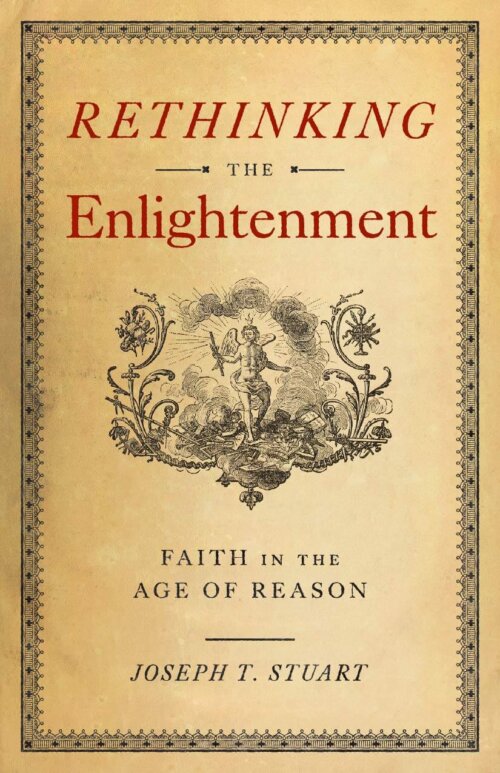John Boersma is a postdoctoral fellow in the Center for the Study of Liberal Democracy at the University of Wisconsin-Madison. He received his PhD from Louisiana State University (2019), writing his dissertation on friendship in ancient political thought. In addition, he received his JD from St. John’s University School of Law (2015). His research interests are primarily in ancient political philosophy and constitutional law.

